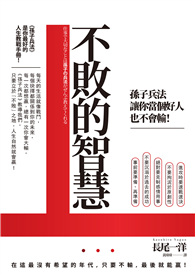In To Be Nsala’s Daughter, Chérie N. Rivers shows how colonial systems of normalized violence condition the way we see and, through collaboration with contemporary Congolese artists, imagines ways we might learn to see differently. Rivers focuses on a photograph of a Congolese man, Nsala, looking at the disembodied hand and foot of his daughter, which were removed as punishment for his failure to deliver the requisite amount of rubber in King Léopold’s Congo. This photograph, taken by British missionary Alice Seeley Harris, featured prominently in abolitionist campaigns to end colonial atrocities in Central Africa in the early twentieth century. But in addition to exposing the visible violence of colonialism, Rivers argues, this photograph also exposes the invisible--and continued--violence of the colonial gaze. With a poetic, personal collage of stories and images, To Be Nsala’s Daughter traces the past and present of the colonial gaze both in Congo and in the author’s lived experience as a mixed-race Black woman in the United States.
| FindBook |
|
有 1 項符合
Ndaliko的圖書 |
 |
$ 1377 | To Be Nsala’s Daughter: Decomposing the Colonial Gaze
作者:Ndaliko 出版社:Duke University Press 出版日期:2023-01-20 語言:英文 規格:平裝 / 152頁 / 普通級/ 初版  看圖書介紹 看圖書介紹
|
|
|
圖書介紹 - 資料來源:博客來 評分:
圖書名稱:To Be Nsala’s Daughter: Decomposing the Colonial Gaze
|











